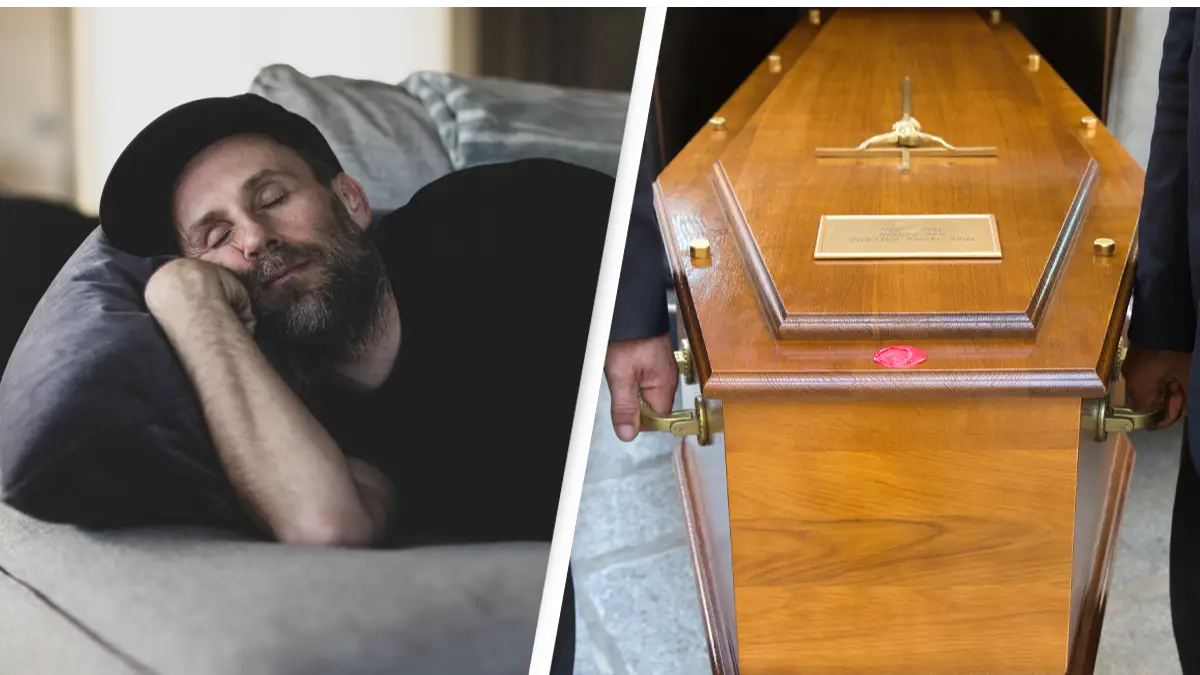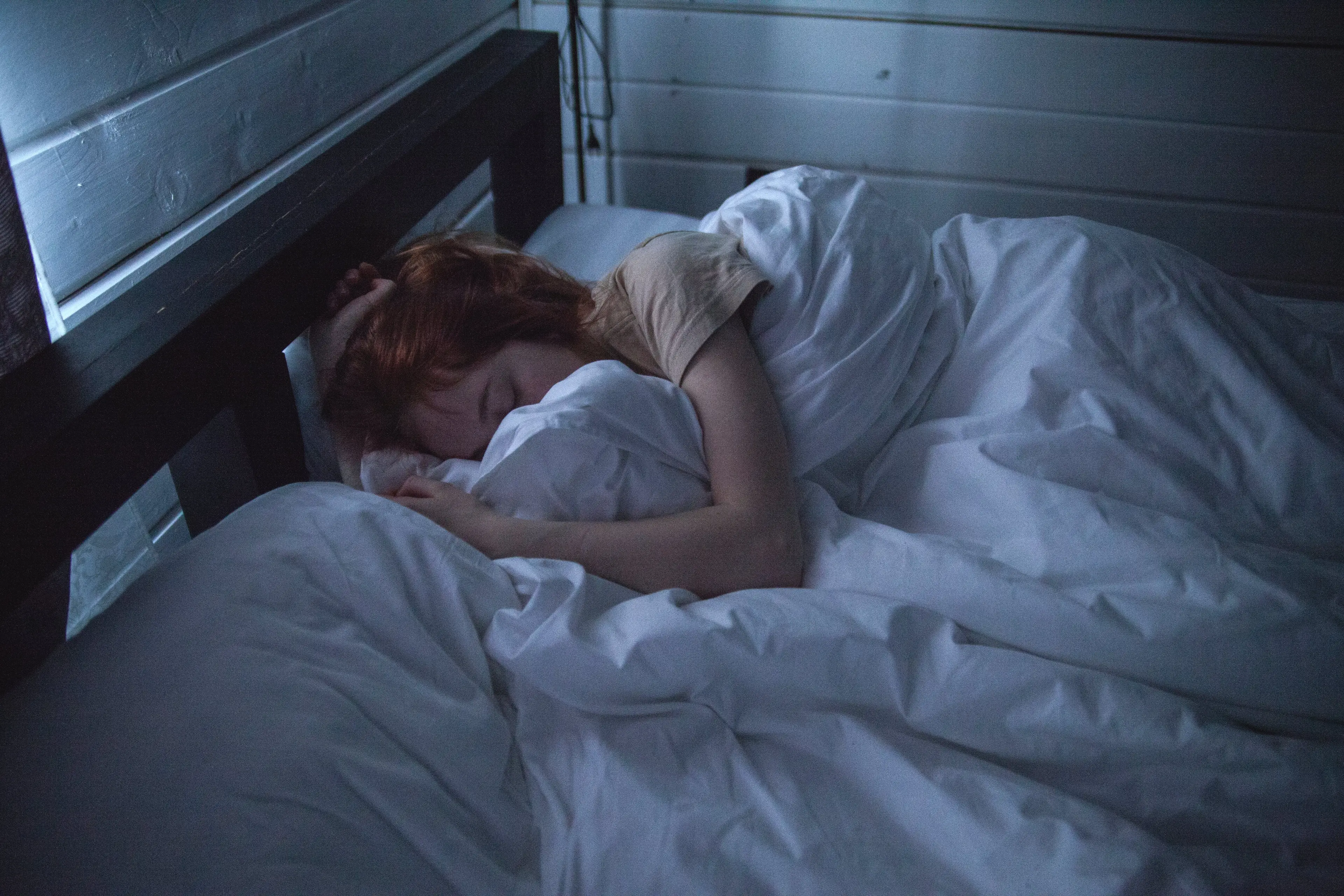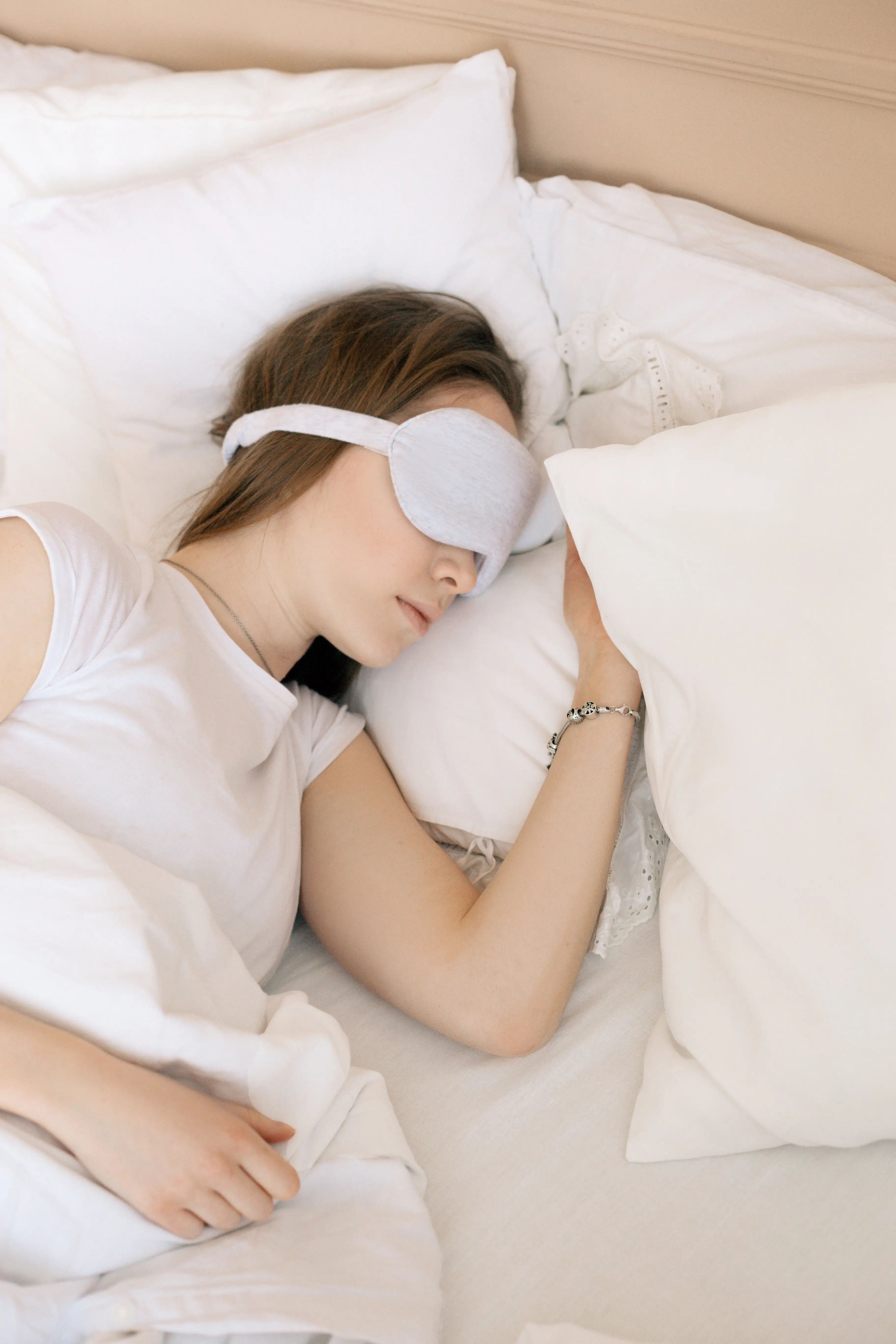
A doctor has spoken out about what can cause people to die in their sleep.
If you've ever lost someone, or, like Barbie, have thought about dying, passing away in your sleep seems like the most peaceful way to go.
However, that's not to say it's not a slightly alarming idea that you can go to sleep and simply not wake up again.
Fear not, because a doctor has gone into more detail about why people die in their sleep and ways to help manage certain conditions, so hopefully it'll help ease your mind.
Advert
Dr. Milind Sovani from Nottingham University Hospitals NHS Trust in the UK explained to Newsweek dying in your sleep is 'usually related to the heart, lungs or brain'.
"Occasionally, people with diabetes can die in their sleep from low glucose levels," he adds.
Although, sudden cardiac arrest (SCA) is responsible for 90 percent of unexpected death during sleep, Sumeet Chugh, medical director of Cedars-Sinai’s Heart Rhythm Center, tells the Wall Street Journal.
There are other more complicated conditions which can lead to someone dying in their sleep too.

Dr Sovani saw a patient who had Pompe Disease - 'a genetic condition in which a complex sugar called glycogen builds up in the lysosomes of your body's cells,' as per the Cleveland Clinic.
Its website continues: "The disease occurs when you lack a specific digestive enzyme called acid alpha-glucosidase (GAA). The condition causes severe muscle weakness and wasting. Without early detection and treatment, the disease can be fatal."
The patient - who was in his late 30s - sadly passed away in his sleep.

Conditions such as unilateral diaphragmatic paralysis - paralysis of the diaphragm - can also pose a risk, lung volume already affected when you lie flat on your back, according to Dr Sovani.
A syndrome called Sudden Unexpected Death In Epilepsy (SUDEP) is also more prone to people with refractory epilepsy. SUDEP is when a seizure causes breathing or heart rhythm irregularities, according to the Centers for Disease Control and Prevention.
Uncontrolled high blood pressure can also raise the risk of dying in your sleep, as well as heart failure and sleep apnea - 'a potentially serious sleep disorder in which breathing repeatedly stops and starts' as per the Mayo Clinic.
However, thankfully, there are things you can do to help prevent these more serious reactions from occurring.

For epilepsy, it's keeping on track with any prescribed medications and staying in regular contact with health professionals.
If you have obstructive sleep apnea, you can sometimes be treated with a device known as a CPAP machine too. The machine 'uses a hose connected to a mask or nosepiece to deliver constant and steady air pressure to help you breathe while you sleep,' the Mayo Clinic explains.
'If you suffer from a heart condition, you may also be fitted with a pacemaker or implanted defibrillator,' Sovani adds, which help regulate your heart beat.
And a healthy lifestyle - including sleeping enough, eating healthily and exercising - as well as frequently checking in with your doctor, can help prevent all conditions from worsening too.
If you have experienced a bereavement and would like to speak with someone in confidence, contact Cruse Bereavement Care via their national helpline on 0808 808 1677
Topics: Health, Mental Health, Science, News, World News